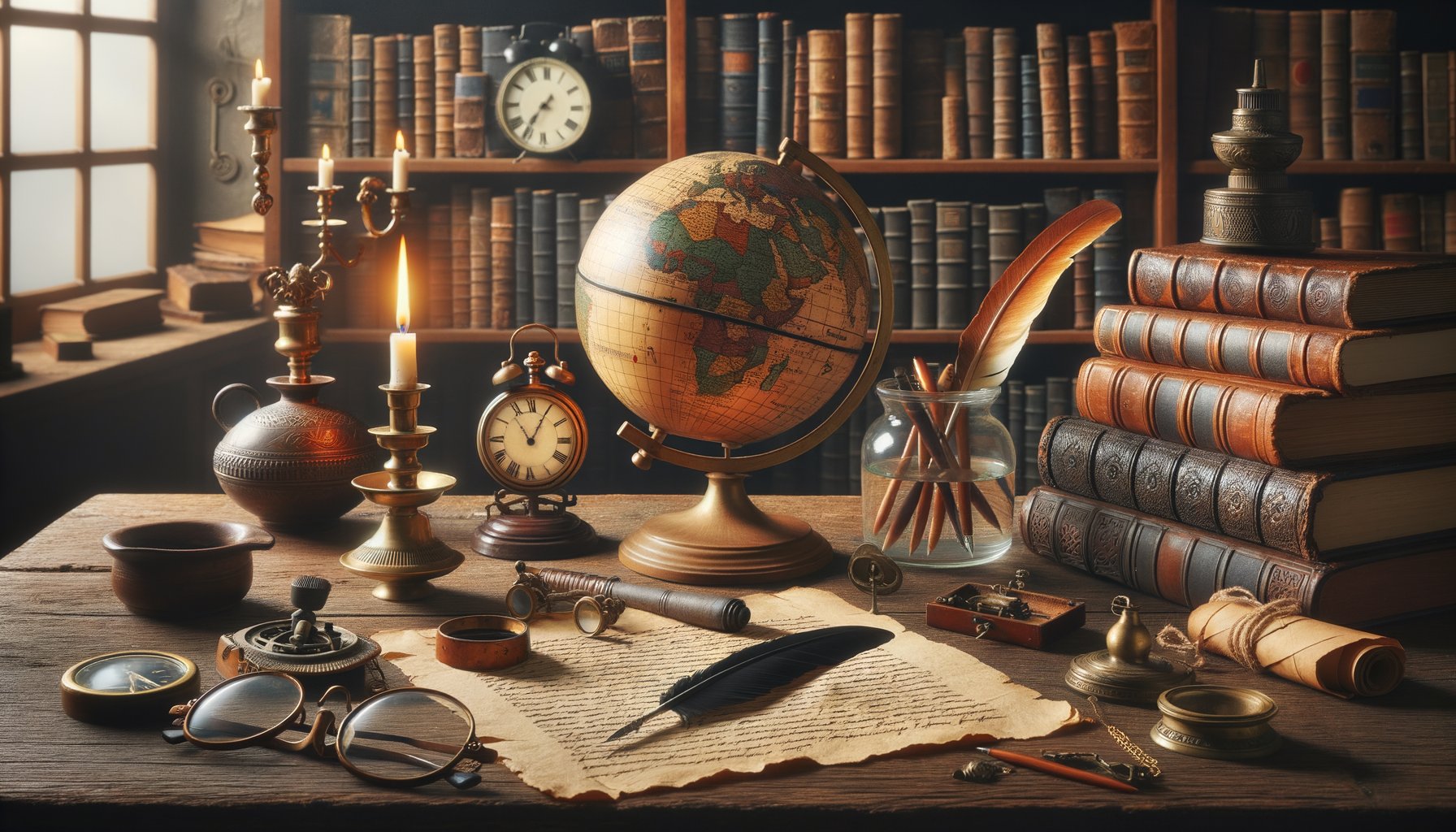Physical Address
304 North Cardinal St.
Dorchester Center, MA 02124
Physical Address
304 North Cardinal St.
Dorchester Center, MA 02124

Historical fiction, a genre that brings the past to life and allows readers to step into the shoes of characters from bygone eras, is not without its unique challenges. As an author, one must strive for authenticity while simultaneously crafting a narrative that resonates with contemporary readers. How does one balance historical accuracy with compelling storytelling? Let’s explore this fascinating conundrum.
Firstly, let’s consider research – the backbone of any good historical novel. To transport your reader back in time, you need to know all about the period you’re writing about. This means delving into everything from clothing and cuisine to politics and societal norms. A single anachronistic detail can shatter the illusion of reality you’ve painstakingly crafted.
“Research is like seasoning,” said some wise author who probably spent too many hours in a dusty library. “Just enough enhances the flavour; too much overwhelms.”
Indeed, while it’s important to be knowledgeable about your chosen era, there’s such a thing as too much information. Your readers don’t want a history lesson (unless they do – in which case they should probably pick up a textbook). They want a story that happens to be set in the past.
Another challenge lies in creating believable characters who are products of their time yet relatable to modern audiences. This is no easy feat! People’s attitudes and beliefs have changed dramatically over centuries, and what was considered normal or acceptable then might seem abhorrent now.
If you make your characters too modern in their thinking, you risk losing authenticity; if they’re too historically accurate… well… let’s just say it can be difficult for 21st-century readers to empathise with a protagonist who believes bathing once a month is perfectly adequate.
Then there’s the dialogue. Oh, the dialogue! It’s a delicate dance between authenticity and readability. Too much ye olde English and you’ll lose your reader in a sea of “thou art”s and “verily”s; too little, and your characters might as well be wearing jeans and discussing the latest episode of Game of Thrones.
“Writing historical dialogue is like cooking a foreign dish,” said another wise author who probably spent too many hours trying to decipher Shakespeare. “You want it to taste authentic but not so authentic that no one can stomach it.”
Navigating these challenges requires a fine balance – a blend of meticulous research, creative liberty, and an understanding of human nature that transcends time. It’s about finding that sweet spot where historical accuracy enhances rather than hinders the storytelling.
In essence, writing historical fiction is like being a tour guide through time. You’re taking your readers on a journey to another era, showing them the sights, introducing them to the locals, immersing them in the culture… all while making sure they don’t get lost or bored along the way.
It’s not easy – far from it – but when done right, there’s something incredibly rewarding about creating a slice of history for others to experience; about breathing life into characters who once walked this earth or could have if they’d been real; about telling stories that illuminate our past and reflect on our present.
So here’s to all you brave souls writing historical fiction: may your research be fruitful, your characters relatable, your dialogue digestible, and may you find joy in every challenge this wonderful genre throws at you.